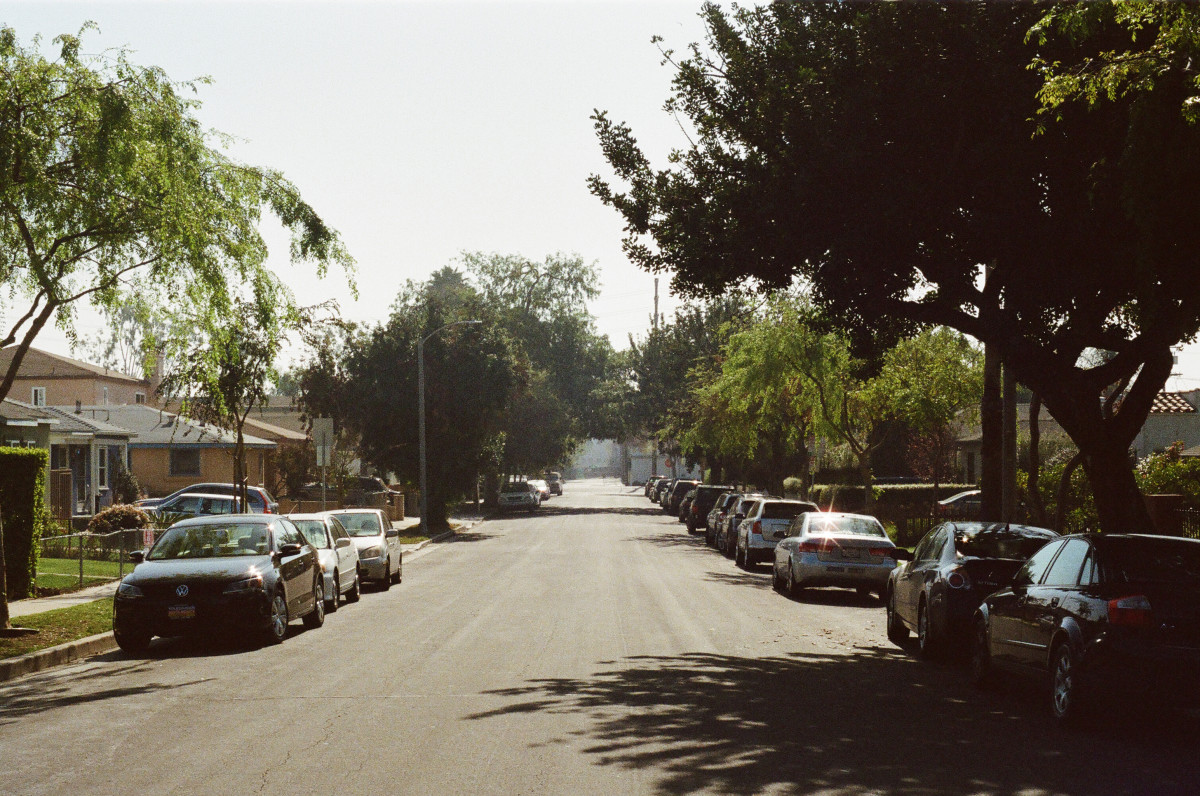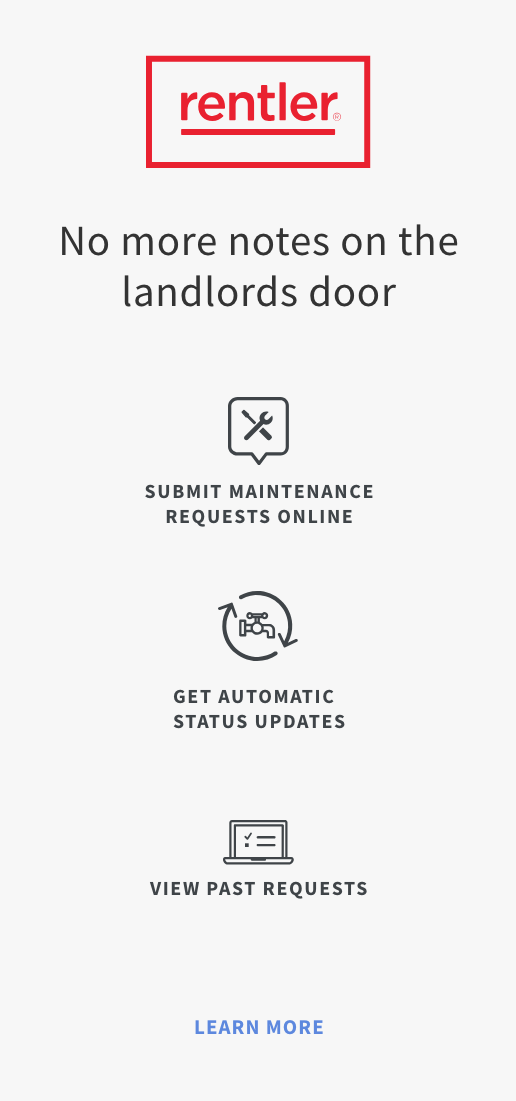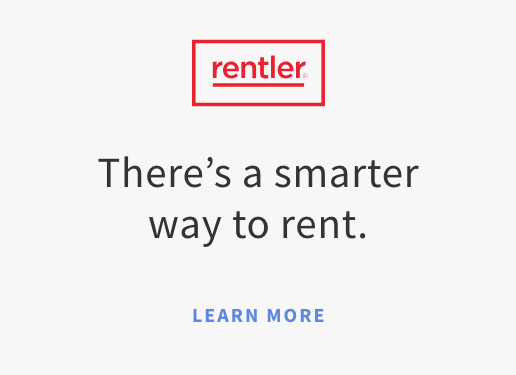If you’re looking for a new place and have your eye on a certain neighborhood, this blog post probably isn’t for you. This is for those people out there tirelessly trying to pin down a few cities that are close to your job AND your partner’s job AND maybe some decent schools for you kids. Oh, and maybe near a really great sushi place…if it’s not to much to ask…
It can feel overwhelming to narrow down your apartment hunt, especially when you have a pretty open search radius. Here are some ways to zero in and find the good neighborhoods:
Get the stats
The first thing you should do is make a list of 5-10 cities that are around the area you think you want to live in. Then head to City Data to check the cold, hard facts for each city. This will tell you the basics, like what age range is most common, how many people are renters, and the average income of people who live here. It won’t, however, tell you what living there will really be like. That’s what the next steps are for.
Search school districts
Asking people you trust about the school districts is always going to be your most reliable method for information gathering, but if you’re moving to an area where you don’t know anyone then this website is the next best thing. Parents go here to rate and review schools and you can search by city or zipcode for a quick glimpse of what the education system is like in different areas.
Look at traffic reports
Your quality of life is going to take a nosedive if you’re stuck in the car for an extended amount of time during rush-hour while you head to or from work. If you’re flexible on where you can move, it’s always best to go against the heavy traffic that happens during peak hours. Your blood pressure will thank you.
To find out where the traffic is the worst, first determine the major highways around your office and then check the reports on Waze. This site has real-time information about traffic in all directions, and can help you determine which roads are going to provide a stress-free commute.
Find the parks…and then check Yelp
Having parks around is an asset for many people, but they can also tell you a lot about an area. To determine which type of parks are in the neighborhood, look it up on Google Maps and then check Yelp.
Yelp isn’t just for restaurants, a surprising amount of locals will leave reviews for parks nearby to let you know if they’re family-friendly havens or magnets for crime.




